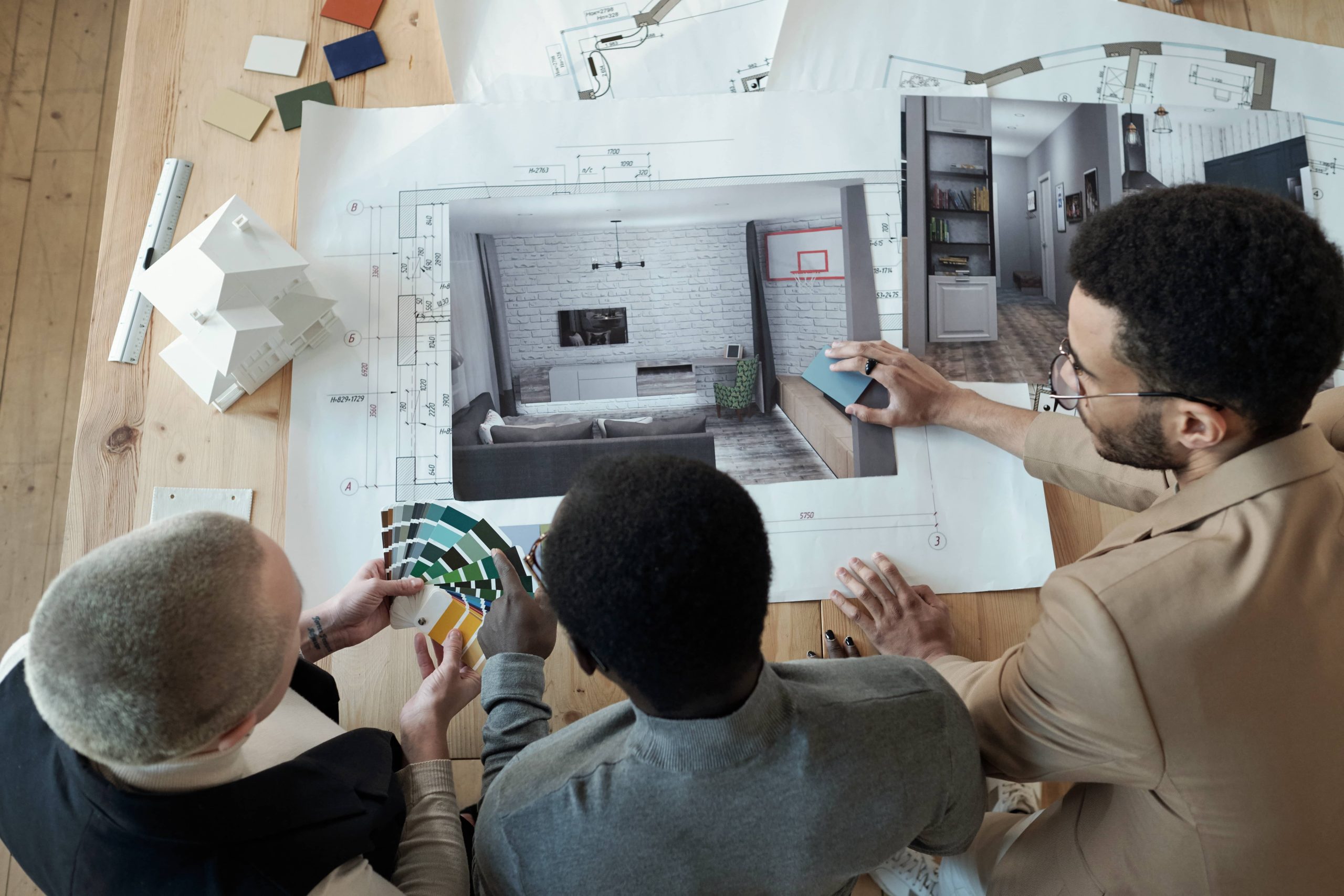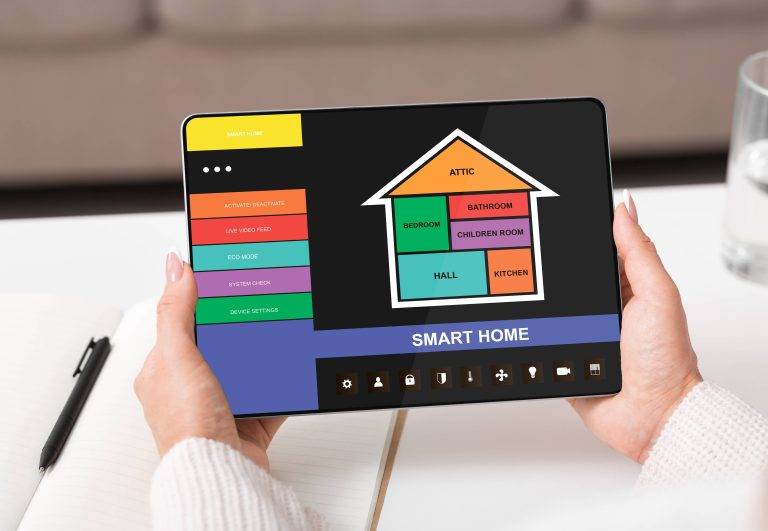
The concept of a smart home was once the stuff of science fiction and futuristic imaginations. Today, it has become increasingly mainstream, with advanced technologies permeating every nook and corner of modern homes. The leap from basic automation gadgets to sophisticated, AI-driven smart home systems is significant. It represents a pivot towards a more harmonious, efficient, and responsive living environment. As we look to the future, the integration of Artificial Intelligence (AI) can play an even more transformative role in our homes, shaping how we interact with our spaces, enhancing accessibility, and ultimately redefining our lifestyle.
1. Seamless Integration and Interoperability
One of the most exciting prospects of future smart homes is the seamless integration of devices and systems through advanced AI. Currently, the smart home landscape is fragmented, with a multitude of brands and devices that often struggle to communicate effectively with one another. Future advancements in AI could pave the way for a more cohesive ecosystem.
Imagine walking into your home, and your smart home system immediately recognizes you and adjusts the environment to your preferences: from lighting and temperature to music and ambient noise levels. This seamless integration will be facilitated by AI-enabled interoperability standards allowing devices to communicate across brands and platforms.
2. Enhanced Personalization
The next frontier in smart home AI is hyper-personalization. We already enjoy some aspects of personalization in today’s smart homes, such as thermostats that learn our preferences or smart speakers that tailor music recommendations. However, future smart homes will take this a step further.
With advanced AI, your home could understand and predict your needs with remarkable accuracy. For instance, it could keep track of your daily routines and adjust accordingly. If you typically take a shower at a particular time, the AI might start pre-heating the bathroom a few minutes beforehand, ensuring it’s at the perfect temperature when you step in. If it’s been a stressful day, your smart lighting could automatically dim to create a more relaxing atmosphere based on interactions with your wearable devices like smartwatches, which detect elevated stress levels.
3. Security and Privacy
AI will also play a crucial role in the security and privacy aspects of smart homes. Currently, we rely on multiple devices such as security cameras, smart locks, and motion detectors. The challenge is tying all these together into a comprehensive and intuitive security system. AI has the potential to eliminate these silos.
Imagine a security system that not only recognizes faces but learns the behavior patterns of those who live in the house, differentiating between family members and strangers. It could detect unusual activities and instantly alert you, as well as predict possible security threats based on data from the neighborhood or even the broader geographical area.
Additionally, with AI’s ability to process and analyze vast amounts of data quickly and accurately, privacy concerns, historically a significant barrier to smart home adoption, can be more effectively addressed. Future AI systems may employ advanced encryption and anonymization techniques, ensuring that personal data is safeguarded against potential breaches.
4. Energy Efficiency and Sustainability
Another promising aspect of AI in smart homes is its potential to enhance energy efficiency and sustainability. As the world grapples with the effects of climate change, the pressure to adopt sustainable practices has never been higher. Smart home AI can significantly contribute to this effort.
AI-powered systems can optimize energy consumption patterns throughout the home. They could dynamically adjust the operation of heating, ventilation, air conditioning (HVAC) systems, lighting, and appliances based on real-time usage patterns and weather forecasts. For example, if a solar energy system is part of your home setup, AI could efficiently manage the energy distribution to charge home batteries, power home appliances during peak solar hours, and reduce grid dependence.
Moreover, AI can help in water conservation by managing and monitoring water use in real-time and even predicting potential leaks in the plumbing system before they cause significant damage or waste.
5. Health and Wellness Integration
The future of smart home AI also points towards better integration with health and wellness devices. With the proliferation of wearable technology and health monitoring systems, our homes could become extensions of our healthcare.
AI can facilitate the monitoring of vital signs and overall health metrics, providing timely alerts and recommendations. For instance, a smart home could integrate with a wearable heart monitor to detect irregularities and bring the user’s attention to any potential issues, or even alert a healthcare provider in case of an emergency.
Consider a kitchen that tracks dietary needs and makes meal suggestions or creates shopping lists based on nutritional requirements and medical conditions. Imagine a bedroom environment that adjusts its settings to promote better sleep based on sleep quality data collected over time.
5. Voice and Gesture Control
Voice recognition technology has made significant strides in recent years, and future advancements in AI could enhance these capabilities and expand into gesture control. This means a more intuitive and unobtrusive way to interact with smart home systems.
Future smart homes could recognize specific gestures to control various functions – a wave of the hand to turn on the lights, a specific motion to play a favorite playlist, or even facial expressions to convey preferences. These interaction methods could be particularly beneficial for individuals with disabilities, providing more accessible and inclusive ways to manage their living environments.
Conclusion
The future of smart home AI promises a more connected, intuitive, and enriching living experience. Through seamless integration, enhanced personalization, improved security, efficiency, and a focus on health and wellness, AI will redefine our relationship with our homes. As these technologies continue to evolve, the dream of an intelligent, responsive, and proactive home will not just be a possibility but a tangible reality, enhancing our daily lives in ways we can only begin to imagine. The smart home of the future is not just about convenience; it’s about creating environments that truly cater to our unique lifestyles, needs, and aspirations.







